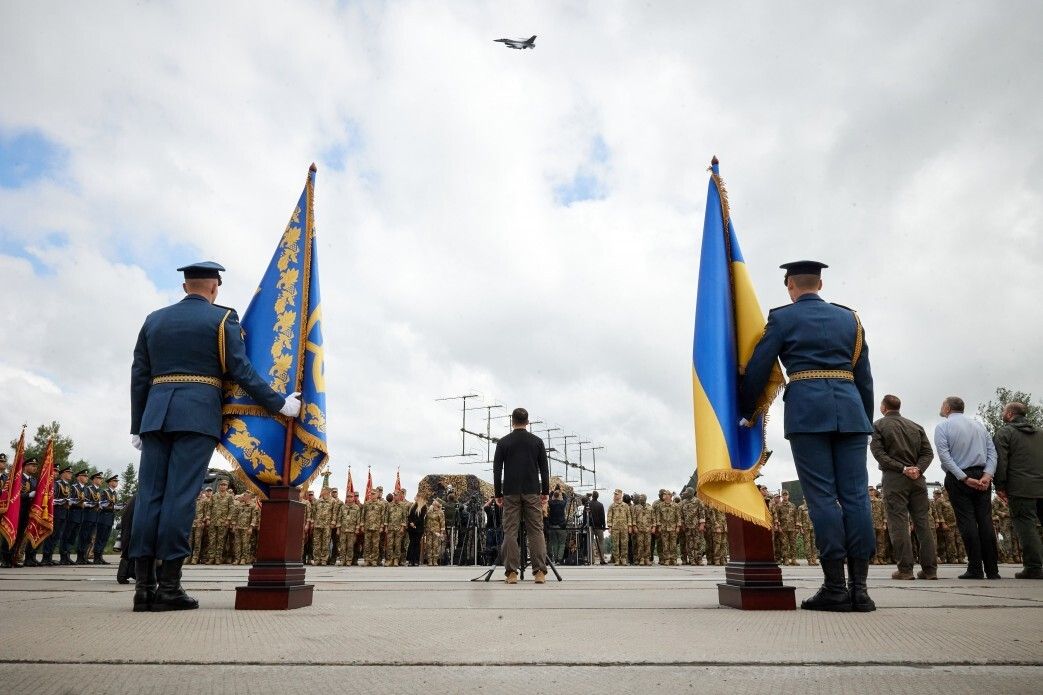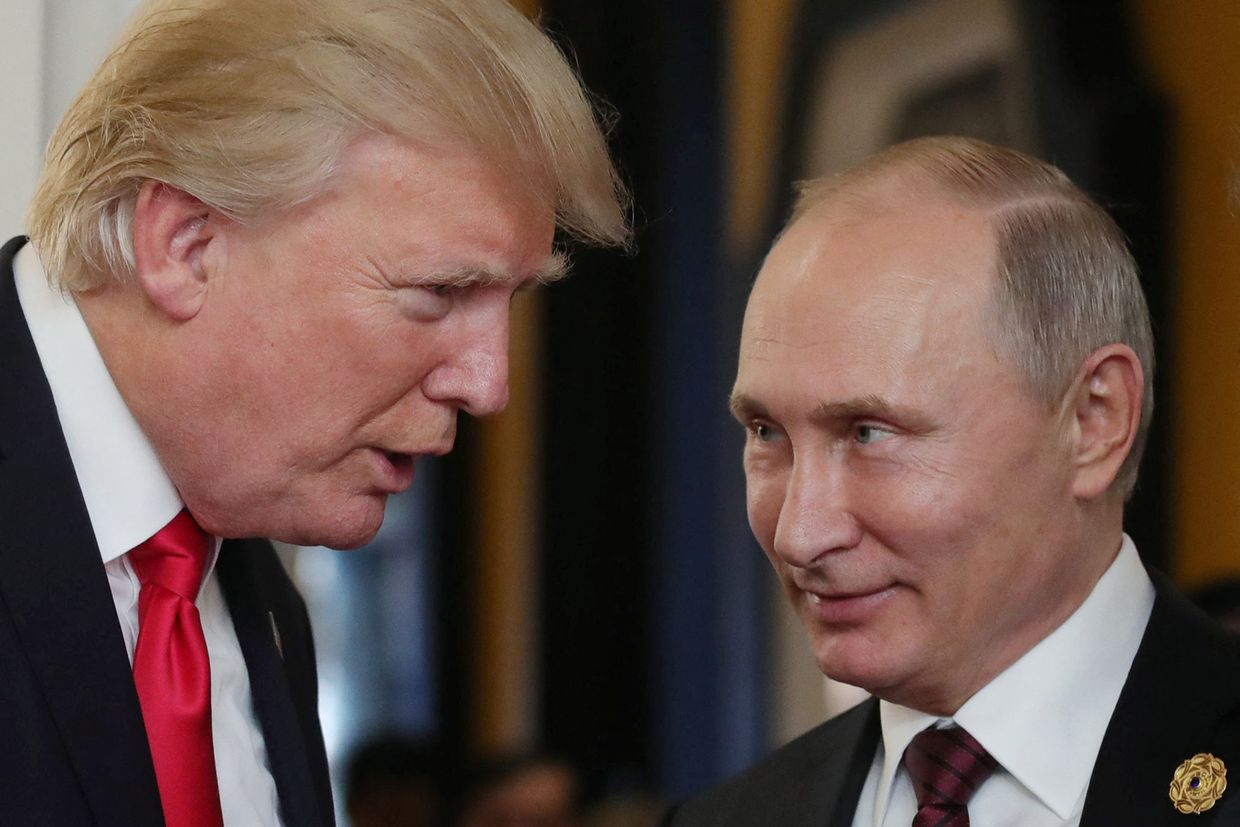
Following promises to swiftly bring an end to the conflict in Ukraine, U.S. President Donald Trump’s actions on February 12 cast doubt on Ukraine’s position during peace negotiations. This has reignited concerns that his strategy for a quick resolution may inadvertently favor Russia.
Trump revealed that he had discussions with both Russian President Vladimir Putin and Ukrainian President Volodymyr Zelensky, stating that peace talks would commence “immediately” and a ceasefire was on the horizon.
Earlier that day, U.S. Defense Secretary Pete Hegseth described the goal of reverting to Ukraine’s pre-2014 borders as an “unrealistic objective” and declared that NATO membership for Ukraine was off the table.
By conceding crucial negotiating points before official negotiations have even begun, critics argue that Trump’s team has “undermined their own bargaining stance.” Timothy Ash, an associate fellow at Chatham House’s Russia and Eurasia Program, stated in an interview with the Kyiv Independent, “Why would you relinquish your negotiating leverage before negotiations start?” He noted that while it may eventually be agreed that NATO membership isn’t feasible now or perhaps ever, it was a key factor Trump could have leveraged in discussions, much like territorial issues.
Ash remarked, “It seemed like a rookie mistake.”
‘We cannot trust our partners’
For many in Ukraine, the U.S. expressing concessions concerning territory and NATO before initiating serious negotiations feels like a betrayal from a crucial ally.
“This signifies that we cannot trust our partners,” asserted Petro Andryushchenko, former advisor to the mayor of Mariupol and head of the Center for the Study of Occupation. He expanded on President Zelensky’s sentiments about building NATO influence in Ukraine if full membership is not achieved.
“I think it undermines the foundation of democracy and the global order established after the Second World War.”
Concessions regarding territory can be particularly distressing for those enduring harsh realities under occupation, as they may face the grim prospect of never returning to Ukraine, Andryushchenko explained.
Currently, approximately one-fifth of Ukraine is under Russian occupation, with forces making slow advances in the eastern region. Reports indicate that Ukrainians in occupied zones suffer from extensive human rights violations, as highlighted by the UN findings, which include arbitrary detentions and torture.
“Consider individuals living under occupation, fostering hope for liberation, contributing to intelligence on Russian troop movements — all essential for victory. Now they are being told that their contributions are futile, and they will remain forever in occupied territory,” he articulated.
“This fundamentally damages the principles of democracy and the post-World War II world order.”
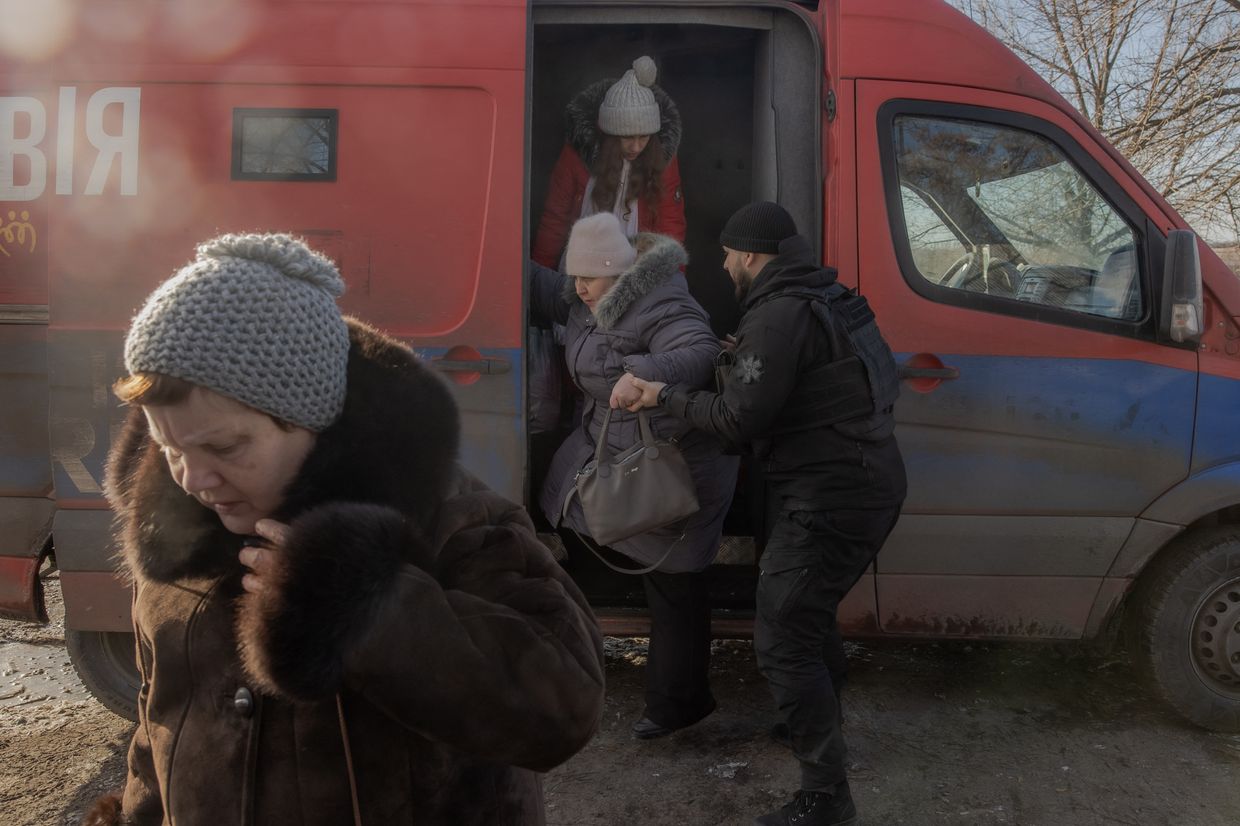
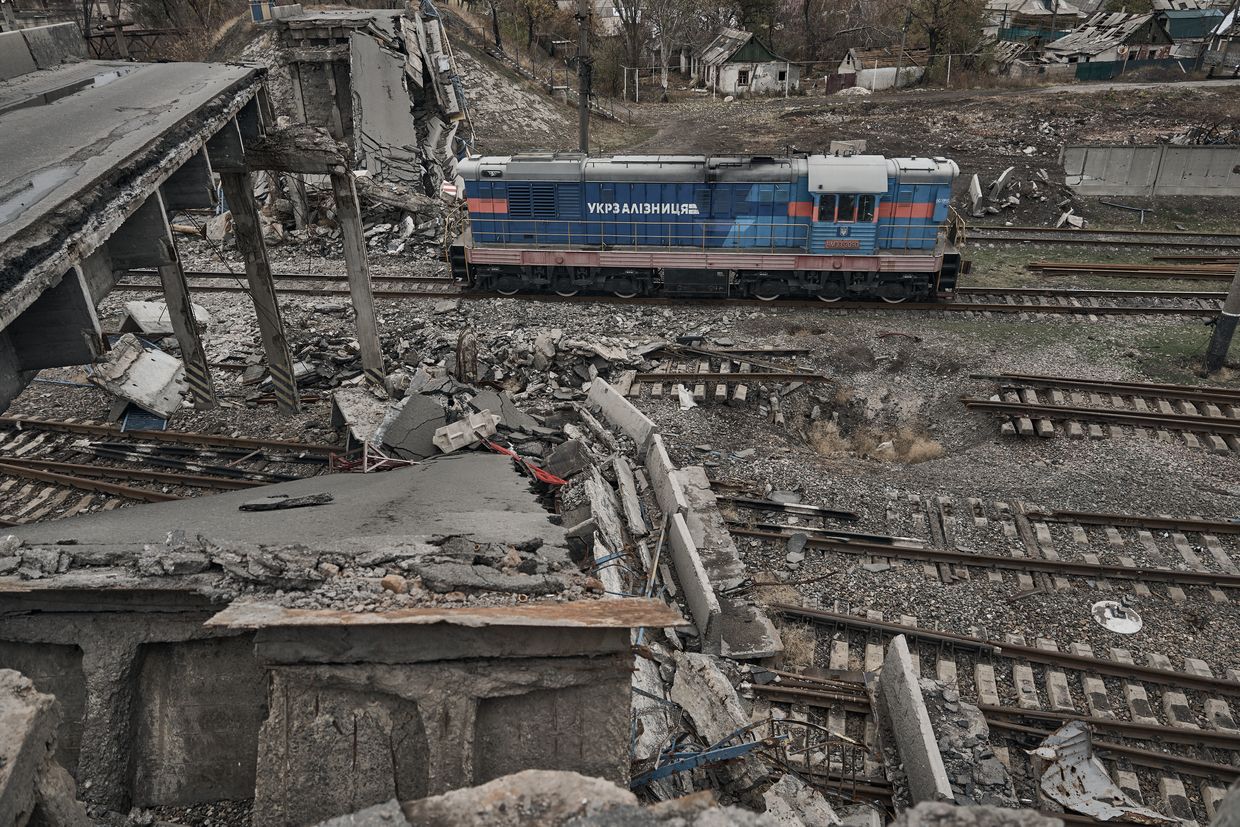
Since his administration began, Trump has had various military, financial, and diplomatic avenues available to leverage against Russia for better terms concerning Ukraine.
Oleksandr Merezhko, a prominent member of Zelensky’s party in parliament, countered Hegseth’s assertion that restoring pre-war borders is “unrealistic,” labeling the idea “entirely feasible” with adequate pressure on Russia.
Trump had previously suggested imposing high tariffs and sanctions on Russia’s faltering economy should a peace agreement not materialize.
“To regain those borders, Ukraine needs substantial modern weaponry to achieve at least equal footing with Russia on the battlefield. Additionally, implementing severe financial sanctions on Russia’s banking and financial sectors could significantly cripple their military capabilities,” Merezhko elaborated.
“Unfortunately, we have not yet witnessed these actions.”
Over the heads of the Europeans and Ukrainians
Not everyone was caught off guard by Hegseth’s remarks. John Foreman, former British ambassador to Moscow, acknowledged that they underscored an “ultra-realist stance.”
“The Americans are unwilling to deploy NATO troops in Ukraine. We know this because had they intended to, they would have done so back in 2022. In reality, Ukraine will likely concede territory in any peace agreement since they cannot push Russian forces out,” Foreman commented.
“I understand why this has been poorly received in Kyiv and in certain European capitals, but one shouldn’t be surprised.”
Foreman also highlighted the importance of the direct communication between Trump and Putin, as it signifies a shift in how discussions are initiated, explicitly by Trump without the presence of American allies.
In contrast, President Joe Biden severed all direct communication with Putin following the 2022 invasion.
“The Russians are essentially getting their key objective — direct dialogue with the U.S., bypassing both European leaders and potentially Ukrainian officials,” Foreman noted.
“If an agreement is made excluding us, it simply will not succeed.”
European leaders, feeling sidelined after years of collaboration with the U.S. on Ukraine issues under President Biden, hastily responded to Trump’s remarks.
Kaja Kallas, the EU’s chief diplomat, remarked: “Why are we conceding to Russia’s demands even before negotiations have begun? … If an agreement is forged behind our back, it will inevitably fail.”
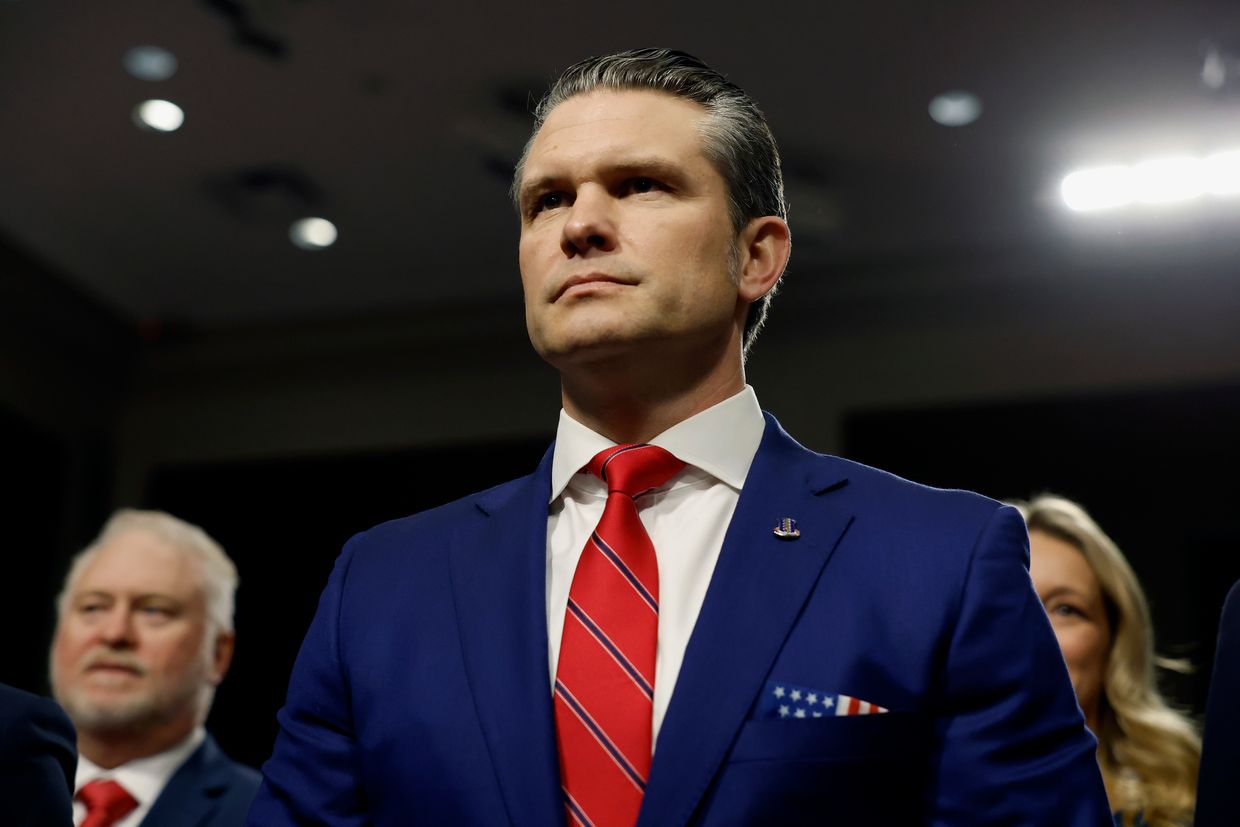
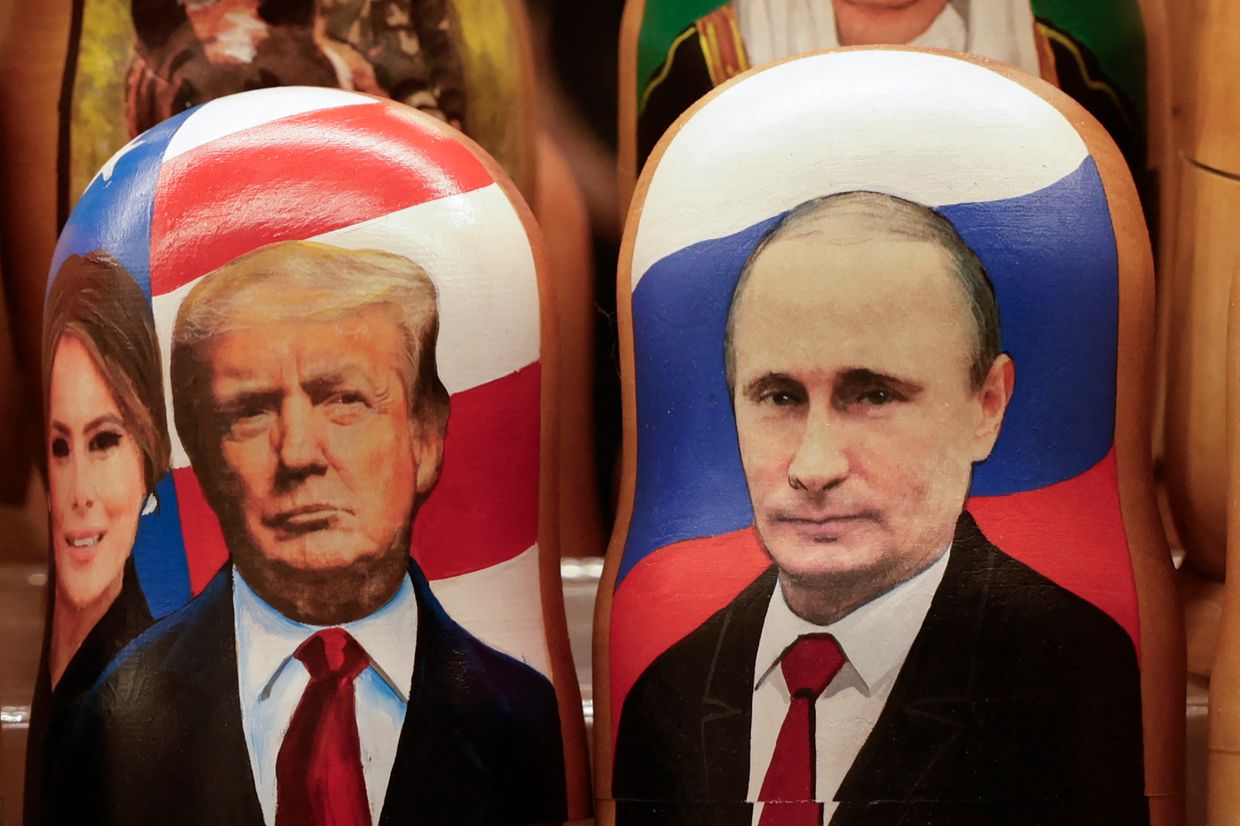
European officials worry they will be responsible for the costs associated with Ukraine’s post-war rebuilding and security following their exclusion from the Trump-Putin discussions, as reported by the Financial Times on February 13.
In response to Trump’s statements, six European nations joined Ukraine and the European Commission in releasing a joint statement emphasizing their commitment to position Ukraine advantageously. The statement asserted that both Ukraine and Europe must be included in any negotiations to ensure Ukraine’s independence and territorial integrity. The statement was endorsed by Germany, France, the U.K., Poland, Italy, and Spain.
'Trump has effectively surrendered'
In the U.S., Trump’s and Hegseth’s comments drew criticism from various officials. U.S. Senator Richard Blumenthal branded Hegseth’s remarks a “surrender and betrayal” of Ukraine, while Senator Adam B. Schiff also chastised Hegseth, expressing disapproval towards Trump for contacting Putin prior to reaching out to Zelensky.
John Bolton, a former national security adviser under Trump, asserted in a statement that “Trump has effectively surrendered to Putin before negotiations even began,” adding that the terms articulated by Hegseth “could have been penned in the Kremlin.”
In response to the criticism, Hegseth defended the notion that a rapid negotiation would not equate to “betrayal” during a press conference in Brussels, stating that “there is no betrayal — only an acknowledgment that the U.S. and the global community are committed to a peaceful resolution through negotiations.”
Nevertheless, Trump’s communications with Putin and Zelensky have paved the way for potential negotiations to conclude the ongoing conflict in Ukraine, indicating a shift after nearly three years of hostilities. No formal talks have taken place since the initial months of the war.
In the coming days, Zelensky is slated to meet with various senior U.S. officials during the Munich Security Conference from February 14-16. His agenda includes meetings with Trump’s envoy Keith Kellogg and Vice President JD Vance, according to the President’s Office. Kellogg is also scheduled to visit Ukraine on February 20. Trump has indicated he may meet with Putin in Saudi Arabia and aims to arrange a meeting with Zelensky soon, although details remain undisclosed.
Trump states that peace negotiations will commence ‘immediately.’ However, what conditions would be acceptable for Ukraine?
On February 12, U.S. President Donald Trump conducted calls with Russian President Vladimir Putin and Ukrainian President Volodymyr Zelensky, announcing that talks aimed at ending the conflict in Ukraine would begin “immediately.”
